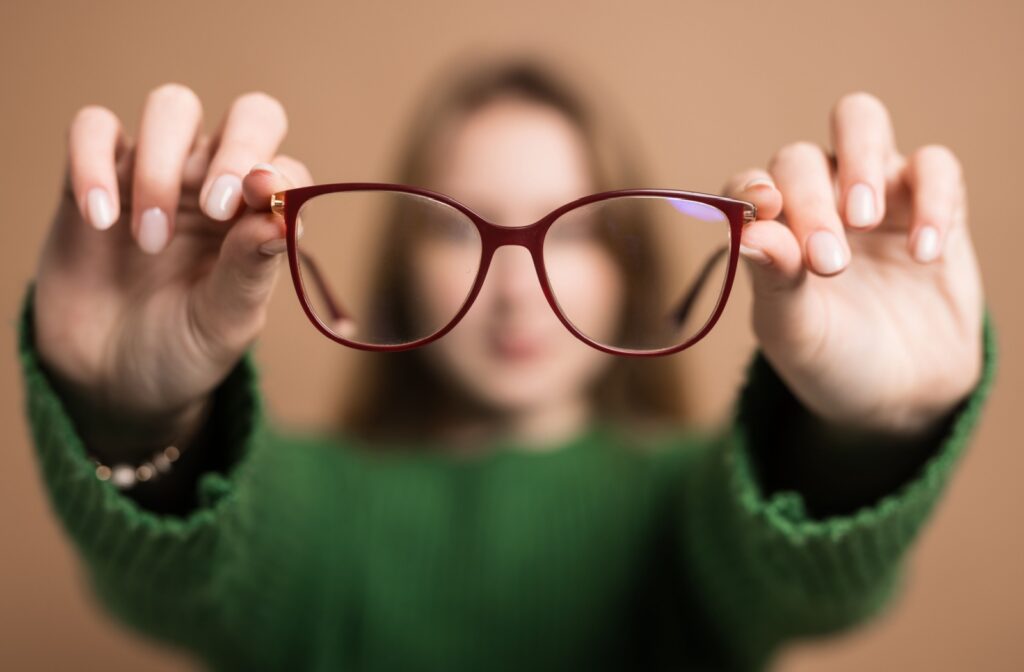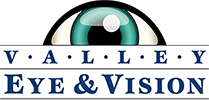As we age, it is completely normal to notice that reading up close is not as easy as it once was. You may find yourself holding your phone farther away, squinting to see menus, or struggling to read fine print. That is where reading glasses come in. But are reading glasses bad for your eyes?
In short, no, reading glasses are not bad for your eyes. In fact, they are specifically designed to enhance near vision clarity, reduce eye strain, and provide a more comfortable reading experience for people experiencing presbyopia, a natural part of aging where the eye’s lens becomes less flexible, making it harder to focus on nearby objects.
Why Do You Need Reading Glasses?
Reading glasses are typically recommended for those experiencing presbyopia, which typically begins to become noticeable around the age of 40. They are not meant to “fix” vision like prescription lenses for nearsightedness or farsightedness, but rather to support your eyes in doing close-up tasks more comfortably.
Here are a few key reasons people wear reading glasses:
- Enhance near vision clarity: Reading glasses help bring small print and close-up objects into sharper focus.
- Provide a comfortable reading experience: They allow you to read or work on small tasks without straining or holding items at awkward angles.
- Reduce eye strain during close tasks: Whether you are reading, knitting, using your phone, or working on a computer, readers can help prevent headaches and visual fatigue.
Wearing Reading Glasses with Perfect Vision: Good or Bad?
Some people with otherwise perfect distance vision wonder whether using reading glasses could harm their natural eyesight. This is a common concern, especially for those who use over-the-counter (OTC) readers casually or for computer work.
Let’s break down some of the concerns:
1. Do Reading Glasses Weaken Eye Muscles?
No. Reading glasses do not cause your eyes to become dependent on them or weaken the muscles involved in focusing. Changes in near vision are due to the eye’s natural aging process, not from wearing glasses.
2. Can You Become Dependent on Them?
While it may feel like you become dependent on reading glasses, they do not cause your vision to worsen over time. Rather, your eyes may continue to age and change, leading to a higher prescription down the line—something that would happen with or without reading glasses.
3. What if You Wear Readers Without Needing Them?
Wearing reading glasses when you do not need them is not harmful, though it may feel uncomfortable if the lenses are too strong or not suited to your individual needs. Some people even find benefits in wearing blue-light filtering readers for computer use, even if they do not require a magnification lens.
Understanding Optical Design & Lens Power
A critical factor in the safety and comfort of reading glasses is how well the lenses are matched to your eyes.
Store-bought readers are typically “one-size-fits-all” and come in powers like +1.00, +1.50, or +2.00. While convenient, these do not take into account specific refractive needs, differences between your eyes, or conditions like astigmatism. Poorly matched lenses may cause:
- Eye fatigue or strain
- Headaches
- Temporary dizziness or disorientation
Custom reading glasses, on the other hand, are designed to match your exact prescription, including pupillary distance and individual visual needs. These can significantly improve comfort and help avoid the mild discomfort sometimes associated with generic readers.
Reading Glasses & Digital Screen Use
If you spend a lot of time on computers, tablets, or smartphones, you may benefit from readers that include blue-light filtering technology. Blue-light lenses can help minimize glare, reduce digital eye strain, and promote more comfortable screen use, especially during long work sessions or late at night.
Even if you do not have presbyopia or need vision correction, wearing blue-light filtering glasses can be a proactive measure for visual comfort during digital screen use.
Debunking Common Myths About Reading Glasses
There is a lingering myth that reading glasses make your eyesight worse over time. However, studies have shown that this is not the case. Presbyopia is a natural, age-related change in the eye’s ability to focus. Wearing readers simply supports your near vision—it does not accelerate vision decline.
What can affect your eye health negatively is not using the right visual aids when you need them. Straining to read or work up close without help can cause discomfort, fatigue, and even headaches. Ignoring symptoms may also prevent you from catching other vision issues early on.

How to Choose the Right Reading Glasses
Here are a few tips to get the most from your reading glasses:
- Have an eye exam: An optometrist can evaluate whether you need readers, determine the appropriate lens power, and check for other eye conditions.
- Avoid guessing lens strength: Over-the-counter readers can be helpful, but they are not a substitute for a proper prescription.
- Try blue-light lenses for screen time: If you work on digital devices regularly, look for readers with blue-light filtering features.
- Keep multiple pairs: You may want different readers for different tasks (like stronger ones for fine print or weaker ones for screen use).
Prioritize Your Eye Comfort
Reading glasses are a safe, simple tool to help improve your quality of life as your eyes naturally change with age. Whether you need prescription lenses or just a little help with near vision, the right pair of glasses can make daily tasks easier and more comfortable—without harming your eyes. If you are unsure about whether reading glasses are right for you, or if you are experiencing visual discomfort, the best first step is a comprehensive eye exam. At Valley Eye and Vision Clinic in Moses Lake and East Wenatchee, WA, our team is here to guide you toward the best vision solutions for your lifestyle. Schedule an appointment with us today to protect your vision and enjoy comfortable sight at any age.


